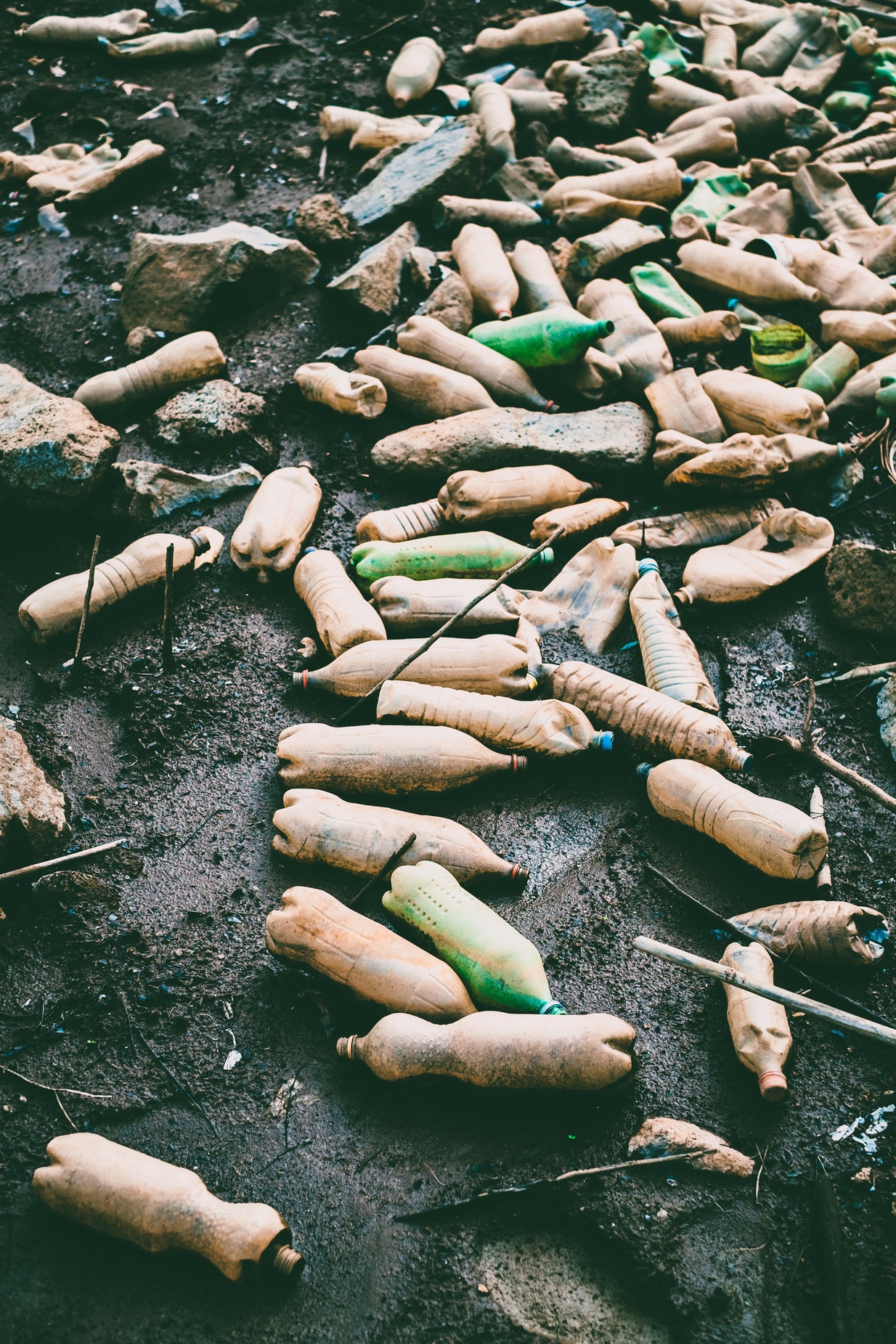- Sustainable Planet -
- 3mins -
- 413 views
Canada Set to Ban Single-Use Plastics by 2021
Canada joins a growing global movement with plan to ban harmful single-use plastics trashing the oceans and environment.
Canada set to ban single-use plastics as early as 2021 says PM
Canada is poised to ban "harmful" single-use plastics as early as 2021 in a bid to reduce ocean waste and protect the environment, Prime Minister Justin Trudeau announced on Monday 10 June. The initiative is modelled on similar legislation passed last year by the European Union and other nations.
Canadian government to use “science-based approach”, says Trudeau
Canada is planning to phase out single-use plastics by 2021. Prime Minister Justin Trudeau announced on Monday 10 June that his government is taking its cue from the EU (learn more) and aims to ban single-use plastic bags, straws, and cutlery in Canada as early as 2021.
Exactly what the ban will include is yet to be decided because, according to Trudeau, the Canadian government will use “a science-based approach” to establishing which “harmful single-use plastics” are to be eliminated.
However, a government source told the Canadian news outlet CBC that items such as plastic cotton swabs, drink stirrers, plates, and balloon sticks are in the spotlight, as are styrofoam (polystyrene) fast-food containers and cups.
Source: FastCompany.com

“Big step for Canada,” says Trudeau
Trudeau made his announcement at the Gault Nature Reserve outside Montreal. He noted that Canada recycles less than 10% of its disposable plastics, and is on track to throw away $11 billion worth of disposable plastic by 2030 unless things change.
He said the federal government will work with provinces and territories to introduce standards and targets for plastics manufacturers and retailers so they become more responsible for their plastic waste. Trudeau said he also supports efforts by Canada’s minister of environment to create a nationwide strategy for zero plastic waste.
“You’ve all heard the stories and seen the photos,” he said. “To be honest, as a dad it is tough trying to explain this to my kids. How do you explain dead whales washing up on beaches across the world, their stomachs jam packed with plastic bags? How do I tell them that against all odds, you will find plastic at the very deepest point in the Pacific Ocean?”
“This will be a big step but we know we can do this for 2021,” Trudeau said.
Source: NatGeo

The Problem With Plastic
Plastic pollution is the accumulation of plastic objects (e.g.: plastic bottles and much more) in the Earth’s environment that adversely affects wildlife, wildlife habitat, and humans.
Plastics that act as pollutants are categorised into micro-, meso-, or macro debris, based on size.
Plastics are inexpensive and durable, and as a result levels of plastic production by humans are high. However, the chemical structure of most plastics renders them resistant to many natural processes of degradation and as a result they are slow to degrade.
Together, these two factors have led to a high prominence of plastic pollution in the environment.Plastic pollution can afflict land, waterways and oceans. It is estimated that 1.1 to 8.8 million metric tons (MT) of plastic waste enters the ocean from costal communities each year.
Living organisms, particularly marine animals, can be harmed either by mechanical effects, such as entanglement in plastic objects or problems related to ingestion of plastic waste, or through exposure to chemicals within plastics that interfere with their physiology.
Humans are also affected by plastic pollution, such as through disruption of various hormonal mechanisms.
As of 2018, about 380 million tons of plastic is produced worldwide each year. From the 1950s up to 2018, an estimated 6.3 billion tons of plastic has been produced worldwide, of which an estimated 9% has been recycled and another 12% has been incinerated.
In the UK alone, more than 5 million tonnes of plastic are consumed each year, of which only an estimated one-quarter is recycled, with the remainder going to landfills. This large amount of plastic waste inevitably enters the environment, with studies suggesting that the bodies of 90% of seabirds contain plastic debris.
In some areas there have been significant efforts to reduce the prominence of plastic pollution, through reducing plastic consumption and promoting plastic recycling.
Some researchers suggest that by 2050 there could be more plastic than fish in the oceans by weight.
To read more about plastic and the harm it’s doing, click here.
Source: Wikipedia

